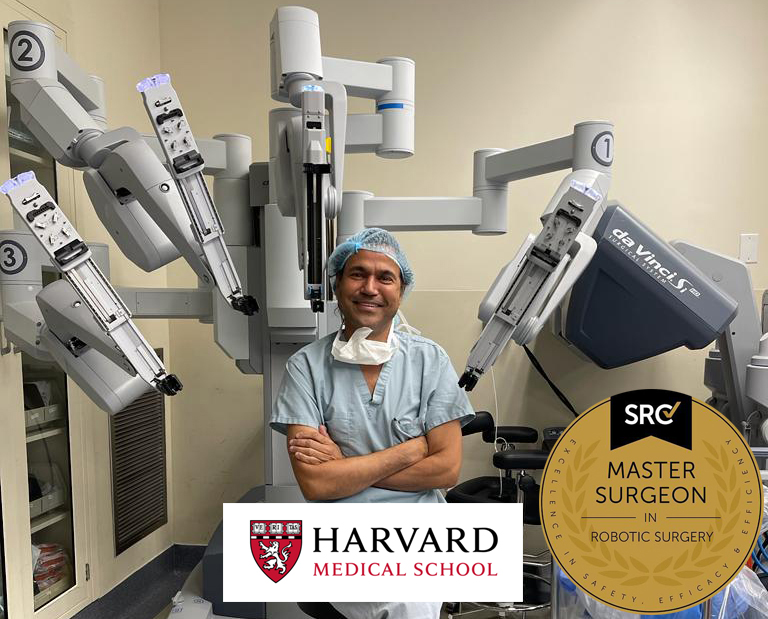Anxiety and Depression:
Recognizing the Signs in Endometriosis Patients
Living with endometriosis can seriously affect your mental health, often leading to increased feelings of anxiety and depression.
Living with endometriosis can seriously affect your mental health, often leading to increased feelings of anxiety and depression. Dealing with persistent pain, uncertainty about the condition, and the challenges of getting diagnosed and treated creates a complex emotional landscape. People with endometriosis may grapple with the disruption of their daily lives, relationships, and career aspirations, leading to a profound sense of frustration and helplessness. The ongoing symptoms, combined with misunderstandings and stigmas surrounding reproductive health, can make the emotional toll even heavier, creating an environment where anxiety and depression can thrive.
The link between physical and mental well-being in the context of endometriosis is like a cycle. The emotional distress you feel can, in turn, make the physical pain feel even more intense. Coping with pain and the unpredictability of symptom flare-ups presents a unique challenge as you navigate both the visible physical aspects of the condition and the less obvious but equally significant realm of mental well-being. It’s crucial to understand how these challenges are interconnected and to approach healthcare holistically, addressing both the physical and emotional sides of the experience.
What Signs Should One Be Attentive to as Potential Indicators of Anxiety and Depression in Individuals with Endometriosis?
Endometriosis patients may experience a range of emotional and mental health challenges, and recognizing the warning signs of anxiety and depression is crucial for timely intervention and support.
Here are some potential warning signs:
Anxiety
- Excessive Worrying: Persistent and excessive worrying about the future, health, or other aspects of life.
- Restlessness: Feeling on edge or restless, being unable to relax.
- Irritability: Increased irritability, impatience, or a sense of being easily agitated.
- Fatigue: Unexplained tiredness or feeling physically drained, even after adequate rest.
- Sleep Disturbances: Changes in sleep patterns, including difficulty falling asleep or staying asleep.
Depression
- Persistent Sadness: A prolonged and unexplained feeling of sadness, emptiness, or hopelessness.
- Loss of Interest: Diminished interest or pleasure in activities that were once enjoyable.
- Changes in Appetite: Significant changes in appetite, leading to weight loss or gain.
- Sleep Problems: Insomnia or oversleeping, and disruptions to the normal sleep cycle.
- Fatigue: Unexplained tiredness and a lack of energy, even after rest.
- Difficulty Concentrating: Trouble focusing, making decisions, or experiencing memory problems.
- Physical Symptoms: Chronic pain and other physical symptoms associated with endometriosis may contribute to a sense of despair.
Even though dealing with endometriosis can take a toll on emotions, it’s important to know that there is hope and support out there.
Join the Facebook Support Group with more than 69,000 members: https://www.facebook.com/groups/258991498034471/
For those in New York, there is an online support group on Instagram and in-person groups in NYC: https://www.instagram.com/endowarriors/?hl=en
Having open conversations about mental health within the endometriosis community and with healthcare providers can break down barriers and reduce the stigma surrounding anxiety and depression. By recognizing and dealing with the emotional aspects of endometriosis, individuals can work towards overall well-being, building resilience and empowering themselves to face this journey with strength and support.
What Methods Do Doctors Use to Address Anxiety and Depression?
Helping with anxiety and depression in people with endometriosis means using a detailed and personalized approach. Therapy, especially cognitive-behavioral therapy (CBT), is often a big part of the plan. CBT teaches patients to identify and change negative thoughts, giving them ways to cope with the emotional toll of dealing with a long-term condition like endometriosis. Also, being part of support groups or getting counseling specifically for endometriosis can create a special space. It’s a chance for people to share experiences, learn from others, and get emotional support from people who get what they’re going through.
Sometimes, doctors might suggest using medications to help with anxiety and depression symptoms. Antidepressants like SSRIs or SNRIs could be prescribed to balance neurotransmitters and ease the emotional strain of dealing with the persistent pain and uncertainty tied to endometriosis. The choice of medication and how much to take is decided based on the person’s specific symptoms and needs. Combining therapy with medication gives a well-rounded approach to taking care of mental health for those with endometriosis. Keeping up communication with healthcare providers is key to track progress, make any needed adjustments to the plan, and ensure ongoing support for both the physical and mental well-being of those living with endometriosis.

- New York Gynecology Endometriosis
- Contact Info:
-
375 E. Main Street,
Suite 7, Bay Shore,
Long Island, NY 11706 - (631) 533-9733
The Best Endometriosis Specialist in Long Island
Master Surgeon in Robotic Surgery
Dr. Pankaj Singhal, a globally recognized endometriosis surgeon in Long Island New York, possesses over 25 years of expertise in laparoscopic excision surgery, enabling him to tackle even the most challenging endometriosis cases with confidence. Dr. Pankaj treats patients with diverse endometriosis-related conditions, ranging from ovarian endometriomas to severe deep infiltrating endometriosis that affects the bowels and other organs.
Dr. Pankaj prioritizes minimally invasive surgery and provides comprehensive personal care. Additionally, he is the owner and founder of New York Gynecology and Endometriosis (NYGE), and has dedicated his life to advocating for, respecting, and treating women suffering from this little-known disease. He is one of the few surgeons in the entire United States who have completed over 5,718 robot-assisted gynecologic surgeries.

We Accept Most Major Insurance Plans
Convenient Billing Options for Comprehensive Coverage.
Surgeries are typically covered by health insurance. However, the extent of coverage can vary depending on the specific insurance plan and policy. Some insurance plans may cover a broad range of surgical procedures, including both elective and necessary surgeries, while others may have limitations or exclusions for certain procedures.
In some cases, certain insurance plans or programs may fully cover the cost of surgery, leaving the patient with no financial responsibility.
Request an Appointment with
New York Gynecology Endometriosis
"*" indicates required fields
